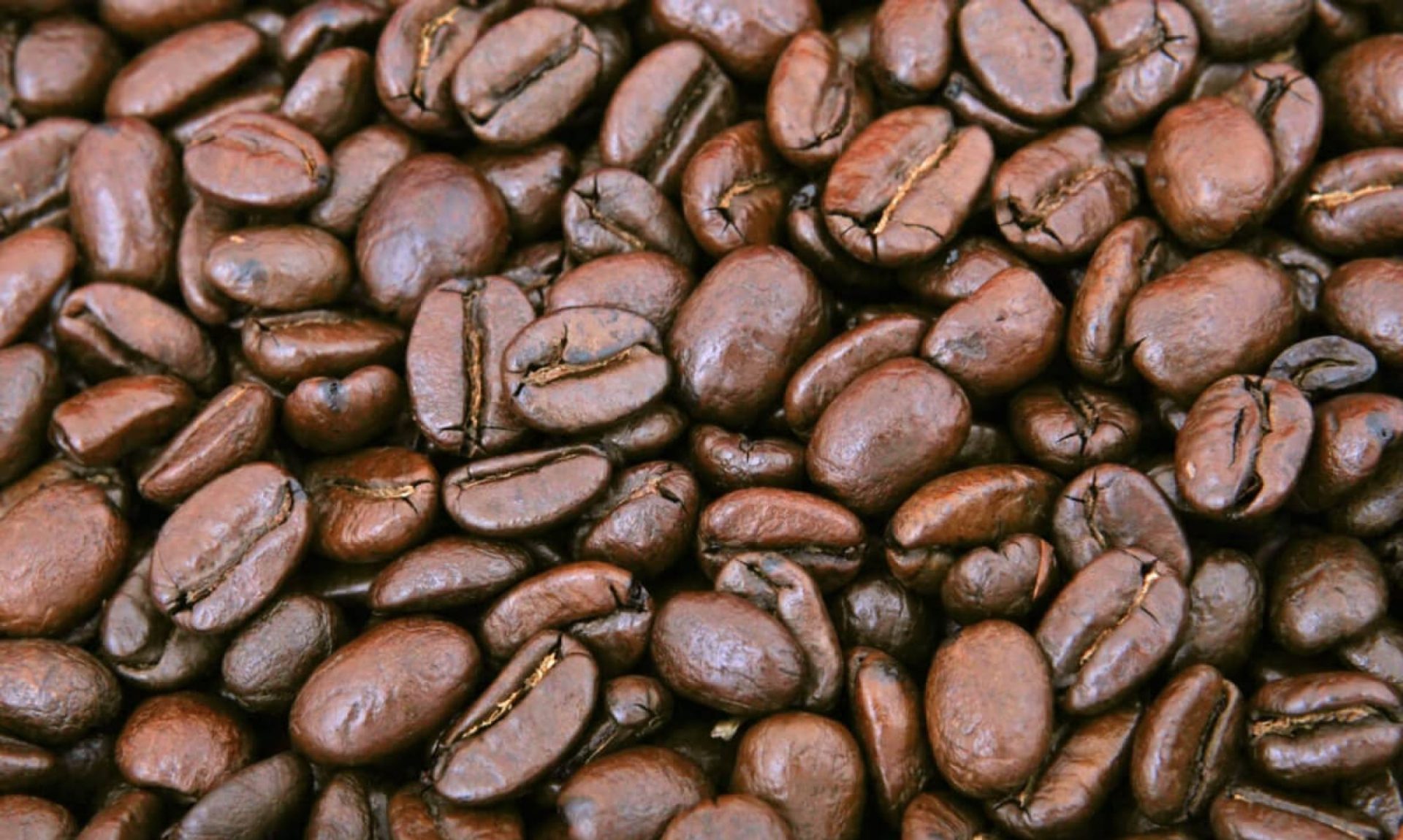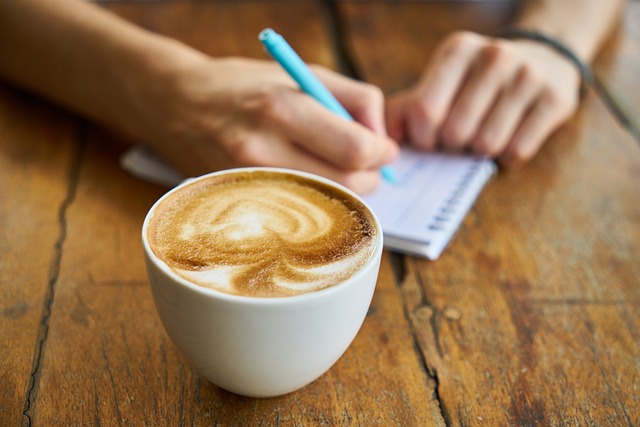Drinking coffee in the evening can affect your ability to fall asleep and get a restful night’s sleep. This is because coffee contains caffeine, a natural stimulant that can keep you awake and alert.
The effects of caffeine can vary from person to person, but it is generally recommended to avoid drinking coffee (or any other caffeinated drinks) in the evening, especially if you have trouble sleeping.
If you really want to drink coffee in the evening, it’s best to choose decaffeinated coffee. Or you can switch to a non-caffeinated drink instead. Alternatively, you can try to limit your coffee consumption to the morning hours to avoid any negative effects on your sleep.
The timing of drinking coffee before sleep can affect your ability to fall asleep and the quality of your sleep. The exact time that you should avoid drinking coffee before bedtime can vary from person to person. As a general guideline, it is recommended to avoid consuming caffeine at least 4-6 hours before you plan to go to bed.
This is because caffeine can take several hours to be metabolized by your body, and its effects can last for several hours as well. By avoiding caffeine in the evening, you can give your body enough time to metabolize the caffeine and reduce the risk of it interfering with your sleep.


